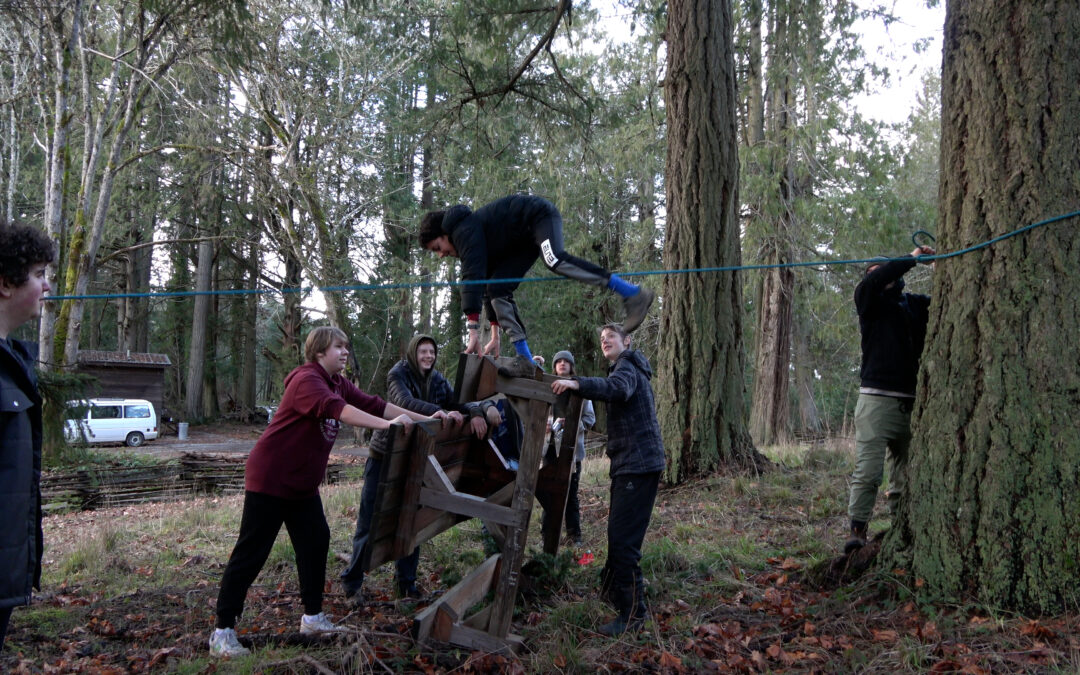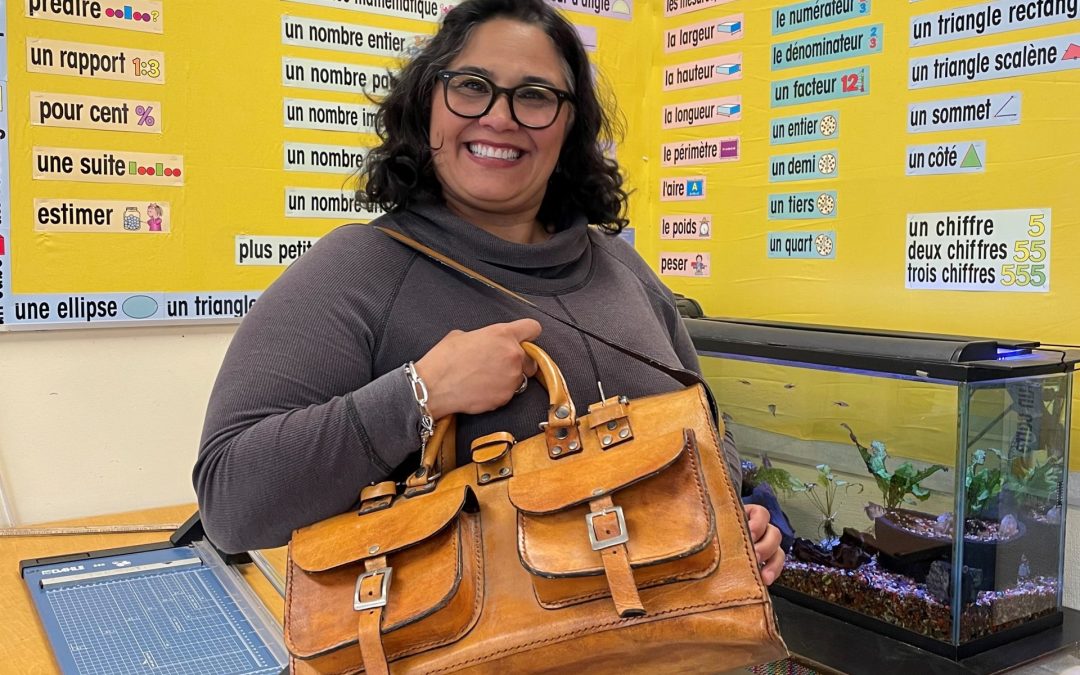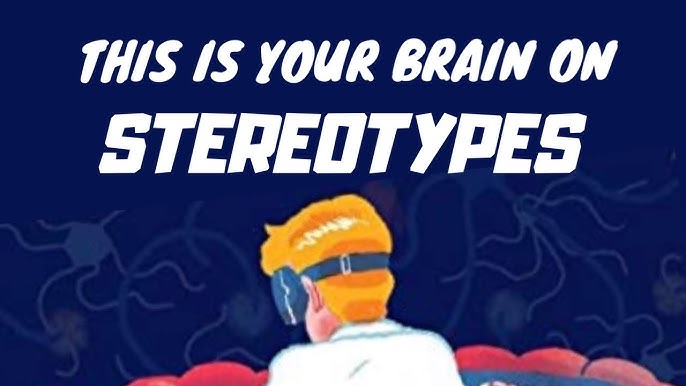This week we celebrated Social-Emotional Learning (SEL) Day. You’ve probably seen us using the term, but what does SEL really mean and how do we integrate it into our programs?
In schools, the main focus is often aimed at academics, but emotional intelligence is equally important to a child’s development. An emotionally intelligent child can better communicate, make smarter decisions, develop healthy relationships and overall, do better in school and life.
The good news is, that all children can learn these important life skills. While schools are often busy following their regular curriculum, and not everyone learns to communicate effectively or express their feelings at home, that’s where we come in. The Circle Education delivers innovative, evidence-based social-emotional education programs in schools in our district.
Here is how we integrate SEL into our in-school programs:
Self-awareness: This involves recognizing and understanding one’s own emotions, including their triggers, strengths, and weaknesses. Self-aware individuals can accurately assess their emotions in various situations and understand how their emotions might impact their thoughts and behaviors.
Self-regulation: Self-regulation refers to the ability to manage and control one’s emotions, impulses, and reactions effectively. Individuals who can self-regulate are better able to manage stress and control their impulses, thereby allowing them to respond to situations in a calm and composed manner.
Social awareness: Social awareness involves recognizing and understanding the emotions, needs, and perspectives of others. It includes skills such as empathy, which allows individuals to understand and share the feelings of others. In doing so, individuals are better able to gain insight into the diverse experiences of people from different backgrounds as well as challenge assumptions and stereotypes by questioning their own perspectives and biases.
Relationship management: Relationship management involves using emotional intelligence to build and maintain healthy and positive relationships with others. This includes effective communication, conflict resolution, collaboration, and leadership skills, which enable individuals to establish rapport, foster trust, and navigate interpersonal interactions successfully.
Teachers are recognizing the importance of SEL as part of the school curriculum. Valeskca San Martin, a French immersion teacher at Salt Spring Elementary, has had the Respect Program – former Respectful Relationships – in her classroom for almost a decade. “Learning to communicate with each other in a positive way is an important skill that needs to be taught. And you don’t always get that in an academic environment and not everyone gets that at home either. I see kids in my class who struggle to communicate their feelings. For example, if they don’t want to hang out with someone or if they feel hurt by somebody. A lot of kids don’t have the skills or the words to communicate effectively and in a kind way. I think a lot of problems at school are rooted in the fact that students don’t know how to communicate.”









